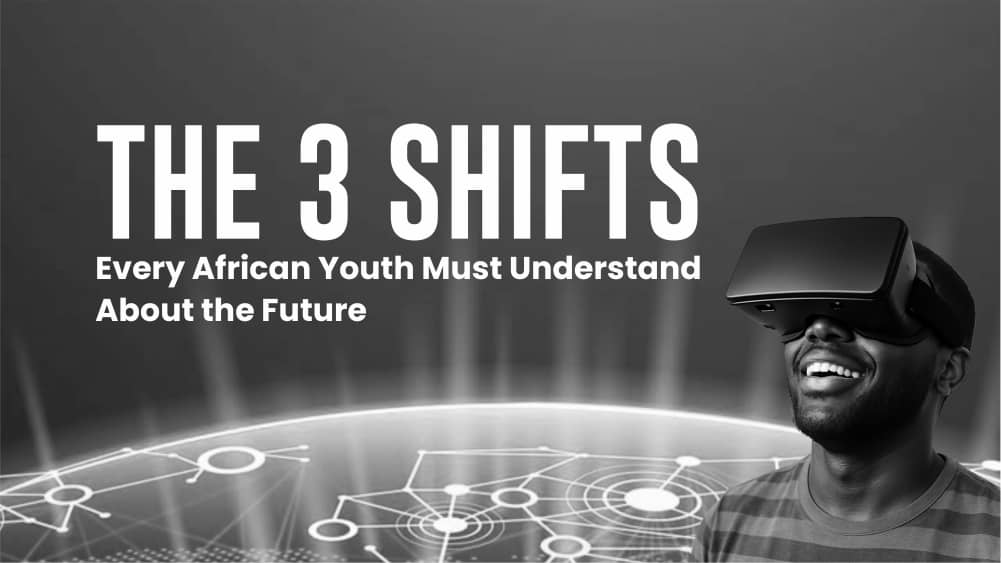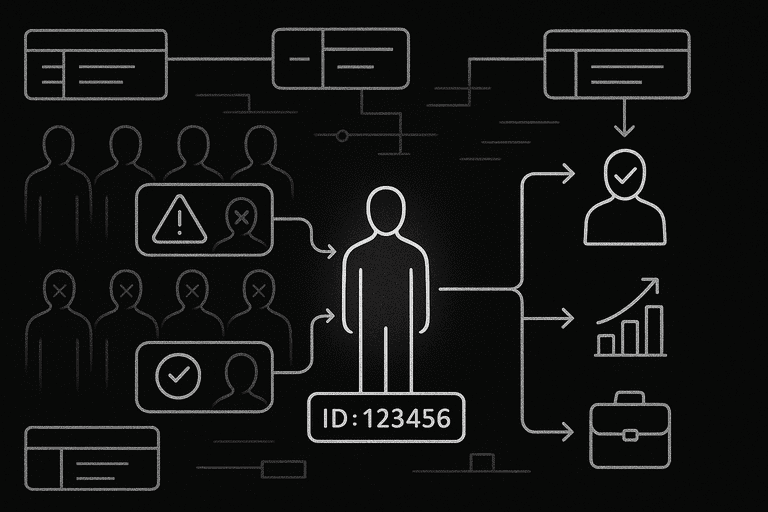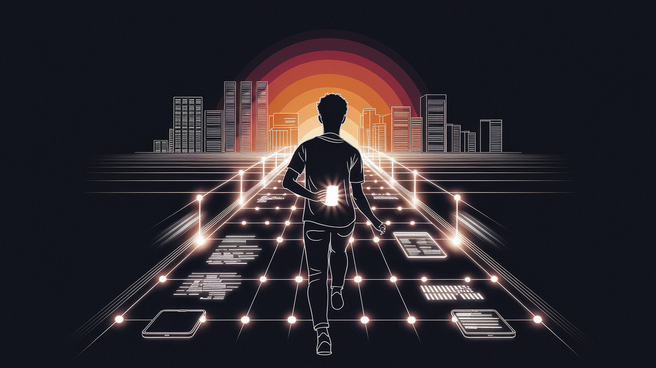The problem is that many of us still don’t know what the future of work is and how it will shape our future and that of our children.
The world of work is changing, yet there isn’t a clear description of what that change looks like or what impact it might have. We repeatedly hear that employee work is changing and that Artificial Intelligence (AI) will replace our work.
But what exactly are the changes we need to be aware of?
What do they look like?
How do we prepare for the unknown future?
Many of us can sense and see how the world of work is changing, but we aren’t sure why these changes are happening, what they mean, and how they will impact us.
The future of work fills in the gap in our understanding of what’s next for the workplace and what it means to position ourselves for a sustainable career.
What is The Future Of Work?
Excitingly, the Future of Work involves a constantly evolving work environment influenced by technological advances, shifting demographics, and changing social norms.
Rapid technological progress is reshaping industries, job roles, and skill requirements, offering a fantastic chance to improve and gain new skills through upskilling and reskilling.
This concept has gained significant attention recently, particularly as technological innovation has accelerated.
What are these technological advancements?
To comprehend the Future of Work, we first need to acknowledge the rapid pace of technological advancement.
There are dozens of trends and shifts happening, but I have listed these few because I see them as the most impactful on the world of work.
- Automation and AI
- Gig Economy and Remote Work
- Internet of Things
Automation and AI: The rise of automation and artificial intelligence (AI) is one of the most significant factors shaping the Future of Work. According to a report by McKinsey, up to 45% of current work activities could be automated using existing technology. This shift is expected to displace some jobs but also create new ones, particularly in fields like data analysis, AI, and machine learning.
Gig Economy and Remote Work: The gig economy is growing rapidly, and remote work, accelerated by the pandemic, has also become a permanent feature in many industries. A Gartner survey predicts that 48% of employees will work remotely at least part of the time post-pandemic, and we are already living this out. This trend emphasizes the need for workers to develop entrepreneurial skills, personal branding, and the ability to manage multiple projects simultaneously.
Internet of Things: The interconnected nature of devices is creating vast amounts of data, which in turn is leading to opportunities for data-driven decision-making and new business models (big data analytics).
Strategies for a Future-Ready You
We are at a critical moment in history.
The impact of artificial intelligence is threatening the livelihoods of many people.
People are afraid machines will replace them, and they are not even sure what they want to do or learn.
To thrive in the Future of Work, organizations and especially individuals must embrace lifelong learning.
The future belongs to those who establish the practice of continuous learning and personal growth.
Skill Gaps: The World Economic Forum (WEF) reports that by 2025, 50% of all employees will need reskilling due to the adoption of new technologies. The same report notes that 85 million jobs could be displaced, while 97 million new roles may emerge, adapted to the new division of labour between humans, machines, and algorithms.
Lifelong Learning: The concept of lifelong learning is becoming crucial as the pace of technological change accelerates. According to LinkedIn’s 2022 Workplace Learning Report, 57% of L&D (Learning and Development) professionals say upskilling and reskilling are top priorities in their organizations.
Conclusion
While the Future of Work presents challenges, it also offers immense opportunities.
Individuals and organizations can thrive in this new era by embracing technology, fostering innovation, and investing in human capital.
The Future of Work is not a distant horizon; it’s here now.
The ability to adapt, learn, and grow will be the defining factors for success in the years to come.
Now is your chance to proactively strategize and position yourself for the exciting and dynamic future of work!
Thank you for reading.
Enjoy the rest of your weekend.
– Destiny






